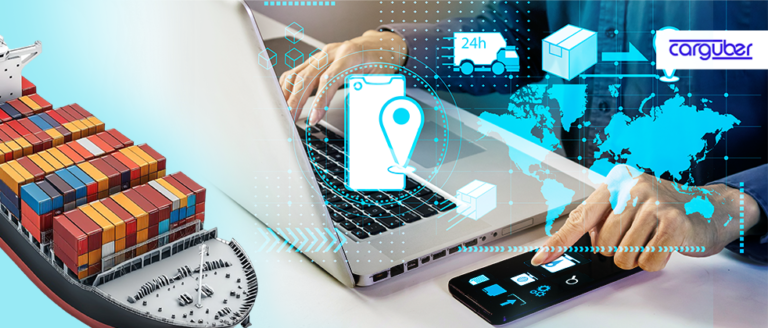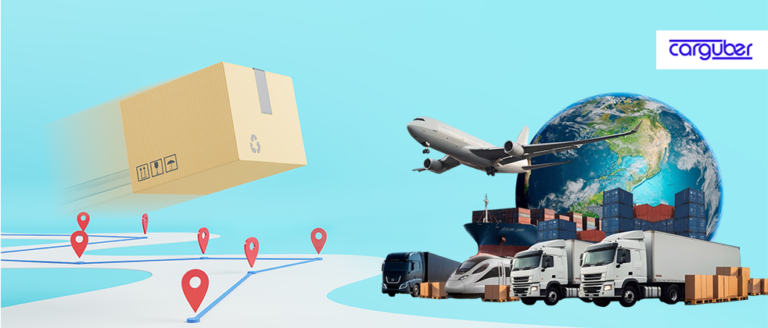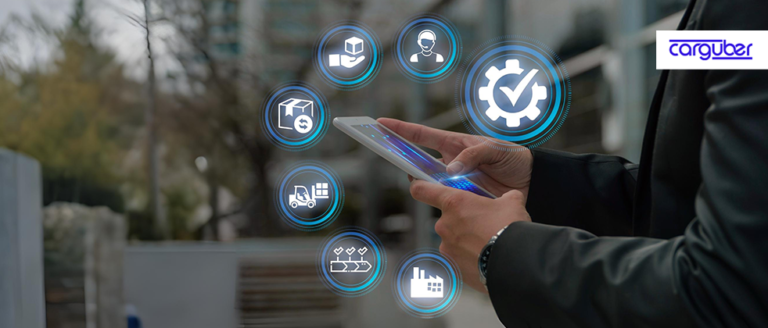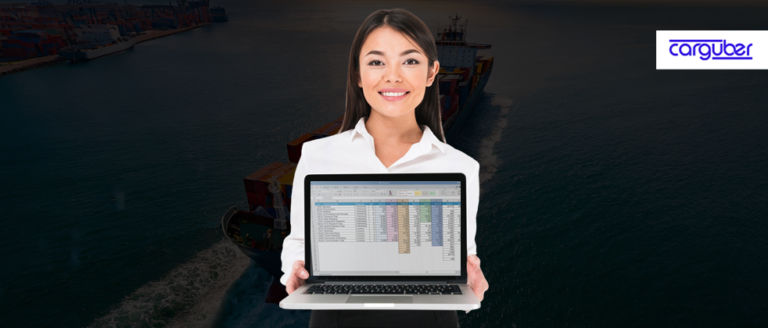What is E-invoicing and How does it work in logistics and supply chain operations?
Have you ever had an invoice get lost in the mix of emails, delayed because it was processed by hand, or delayed because of small mistakes? If you work in logistics or supply chain management, you understand how frustrating traditional invoicing can be. Paper-based or antiquated invoicing systems can cause delays in payments and compliance issues, slowing down your entire operation.
That is where e-invoicing comes in. It is quick, and automatic, and guarantees that every invoice gets to the appropriate person straight away. No more following up on payments or managing mountains of paperwork. Electronic invoicing (E-invoicing) is transformative for freight forwarders, suppliers, and logistics providers alike.
What is E-Invoicing?
From the very word we can understand that E-invoicing is an electronic method of creating, exchanging, and receiving invoices between companies. E-invoicing automates the entire process, eliminating the need to deal with printed invoices and manually enter data into accounting systems.
However, it goes beyond simply emailing a PDF invoice. A structured digital document that seamlessly connects with accounting, ERP, and logistical systems is known as a real e-invoice. It complies with legal requirements, uses standard formats, and enables real-time processing.
Automation is not only practical but also necessary for supply chain and logistics companies, as transactions occur quickly and involve multiple stakeholders.
How E-Invoicing Works in Logistics & Supply Chain
E-invoicing is not just about replacing paper with digital documents. It’s about creating a fully automated financial ecosystem that improves accuracy, speeds up payments, and ensures compliance. Here’s how it works:
1. Invoice Creation & Validation
When a shipment is booked or a logistics service is completed, an invoice is automatically generated in an E-invoicing system. The system ensures all necessary details, shipment references, freight charges, taxes, and compliance requirements, are validated before sending.
2. Secure Transmission & Format Standardization
Instead of sending an invoice via email, the E-invoice is transmitted in a structured format (like XML or JSON) directly to the recipient’s system. This eliminates manual data entry errors and ensures every invoice follows local tax laws and industry regulations.
3. Real-Time Approval & Payment Processing
Once received, the invoice is automatically processed by the recipient’s system, matched with purchase orders and delivery notes, and routed for approval. This means faster approvals, quicker dispute resolution, and no more lost invoices.
4. Seamless Integration with ERPs & Accounting Systems
E-invoicing integrates with ERP platforms like CargoWise, SAP, NetSuite, Microsoft Dynamics, QuickBooks, and more. That means no more reconciling invoices manually, your financial data updates automatically across all platforms.
5. Compliance with Government E-Invoicing Mandates
Many countries require businesses to follow strict e-invoicing regulations (like GST in India, VAT in Europe, and EDI compliance in the U.S.). E-invoicing systems ensure invoices meet local tax laws, reducing the risk of audits and penalties.
6. Faster Payment & Cash Flow Optimization
With real-time processing, there are no more waiting weeks for payments. Automated invoicing means faster billing, quicker payments, and improved cash flow, a huge win for logistics companies managing high transaction volumes.
Why Electronic Invoicing Is Revolutionizing Logistics
No More Delayed Payments
Late payments are a major problem in supply chain operations. With E-invoicing, invoices reach the recipient instantly, approvals happen faster, and payments get processed on time.
Eliminate Manual Errors & Reduce Disputes
A mistyped invoice number or missing tax detail can cause major delays. E-invoicing eliminates human errors by ensuring every invoice is structured, validated, and compliant before it’s sent.
Save Money on Processing Costs
Printing, mailing, and manually processing invoices costs time and money. Automating invoicing cuts administrative costs and speeds up transactions, helping logistics businesses scale efficiently.
Full Transparency & Real-Time Tracking
E-invoicing provides end-to-end visibility into invoice statuses, whether it’s pending approval, under review, or paid. No more chasing clients or wondering if an invoice got lost.
Compliance Without Trouble
Regulations around tax reporting and invoicing formats keep changing. E-invoicing systems automatically stay updated with compliance laws, making it easier to adhere to legal requirements in different countries.
Who Benefits from E-Invoicing in Logistics?
Freight Forwarders & 3PL Providers
Processing invoices for hundreds of shipments daily? E-invoicing ensures that 3PL providers‘ invoices match delivery records, reducing disputes and speeding up payments from customers.
Suppliers & Vendors
If you’re supplying goods to logistics firms or carriers, E-invoicing ensures your invoices are processed without manual intervention, so you get paid faster.
Customs Brokers & Compliance Teams
Since E-invoicing automatically follows tax and customs regulations, compliance teams can breathe easy knowing every invoice meets legal standards.
Finance & Accounting Teams
No more lost invoices, delayed approvals, or endless reconciliations. With E-invoicing, accounting workflows become simplified, automated, and error-free.
How to Implement E-Invoicing in Your Logistics Business
Implementing E-invoicing in logistics simplifies financial operations and reduces errors. Businesses must choose a system that integrates with CargoWise, SAP, or QuickBooks. Automating invoice generation, ensuring compliance, and training teams are key steps. Tracking approvals and payments helps measure efficiency and optimize workflows.
As a CargoWise consultancy, Carguber ensures smooth. From setup to automation, we handle compliance and system optimization. Our expertise helps eliminate delays, reduce discrepancies, and ensure regulatory compliance.
Conclusion
E-invoicing is transforming logistics by eliminating human errors, shortening delays, and assuring compliance. For freight forwarders, 3PLs, and finance teams, automating invoicing procedures increases productivity, cash flow, and transparency.
Carguber specializes in smooth E-invoicing connectivity with CargoWise and other ERP systems. Are you ready to simplify your invoicing process? Contact us immediately!









